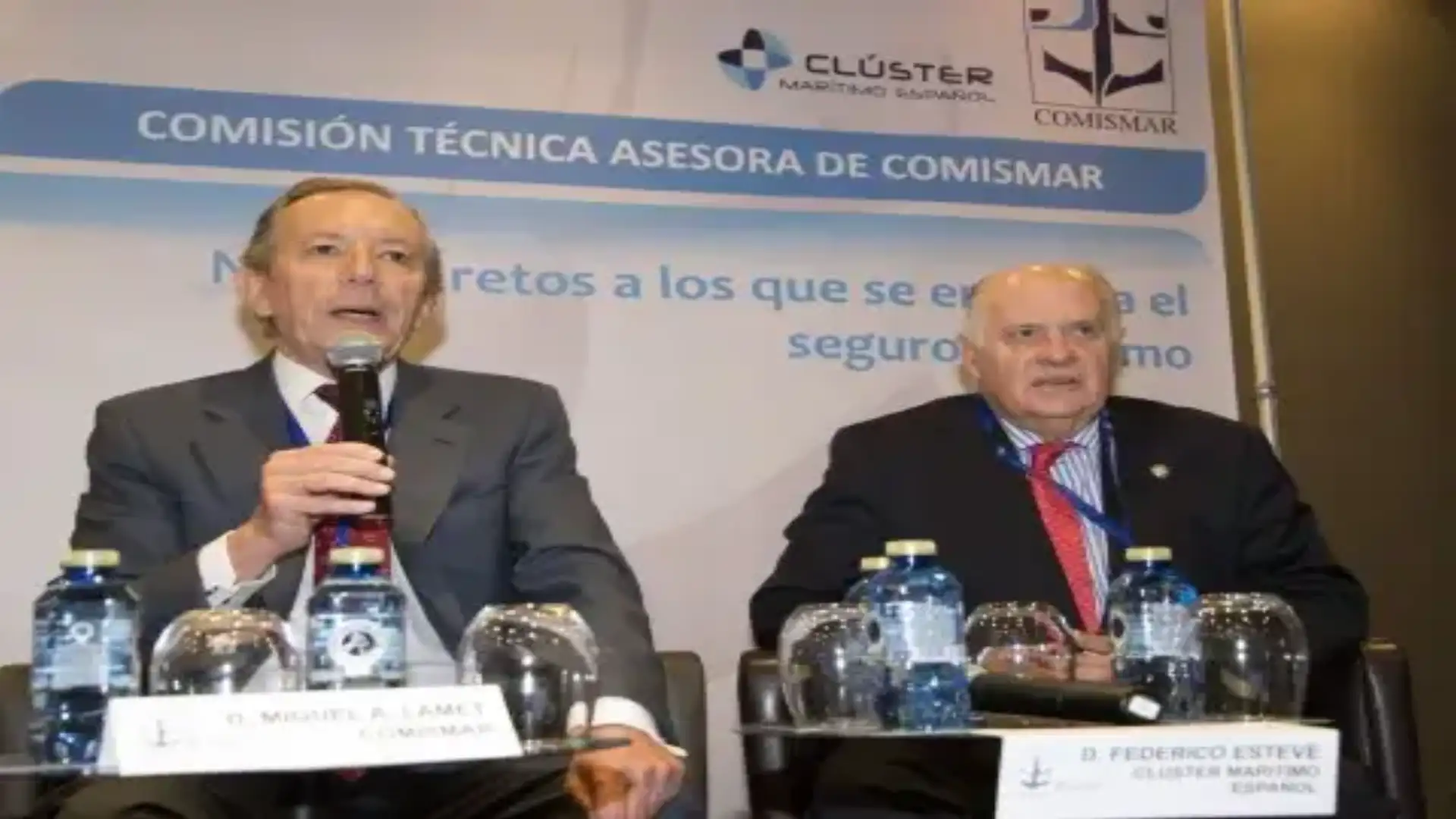
The Spanish Maritime Cluster announces that the nautical sector is the third in the national economy
The Spanish Maritime Cluster announces that the nautical sector is the third in the national economy
The president of honor of the Spanish Maritime Cluster (CME), Federico Esteve, highlights the important role of the maritime sector for the national economy, during his intervention in the "New challenges facing maritime insurance," organized by COMIMSAR, a sector composed of different interlinked subsectors, from the Navy to ports, fishing or shipbuilding. "These subsectors cannot be considered isolated, because they are closely related," Esteve said, for whom all are of independent importance, affecting the economy and producing direct and indirect effects, through the supply of goods and services that serve production to each of these subsectors. According to Federico Esteve, they also produce induced effects, which are the income that employees receive in each of these subsectors, which in turn return to the national economy through consumption. The president of honor of the Cluster stressed the importance of the sector as a whole for the national economy, "with 461,000 direct jobs, a gross added value of EUR 27 billion, a production of 52 billion and a weight on the national gross added value of 3.24%," he explained. If we add the three effects described above, not only the direct effect on the economy, the impact of the sea sector on the national economy is translated into "1,300,000 jobs, EUR 68,000 million of gross value added contribution, a production of EUR 186 billion and a weight on the national gross value added of 7.2%," Esteve explained, which places it as the third most important economic sector in the country, "with a significant multiplier effect," it is nuanced, because "for each euro of expenditure it generates EUR 2.5, and for each job, 2.8 jobs."
Before outlining the importance of the maritime sector, Esteve congratulated COMIMSAR on the holding of this open-door day, as well as on the work it is doing with the Cluster, integrating everyone from insurance. The insurance institutions are currently part of the cluster as suppliers of other agents, also members of the cluster. In this way, and through the working groups of the CME, they work together for the benefit of the entire maritime sector.
The importance of the CME
This is precisely the reason for the CME. During his speech, the president of honor of the CME explained the origin of the cluster, which starts with the change in Community policy on the sea in 2007. "Before, decisions were made in isolation, but because of the interrelationship of each subsector, decisions on one had consequences for the other," Esteve explained. It was from that year that the Blue Paper on Integrated Maritime Policy was presented, "realizing that it was a mistake to look at each subsector in isolation," so it changed European policy to one integrated one, considering any decision on a subsector the effect on the other subsectors involved, "precisely because of their interrelationship," the President said. But in the absence of bodies that fully consider the policy of the sea, the European Union recommended that Member States encourage the creation of clusters to integrate all actors in the maritime sector, and they could guide them in policy on the sea. In this way the Cluster was born, as well as its European counterpart, who is responsible for guiding Community policy.
Federico Esteve explains that the cluster was the right way to integrate all the agents of the sea, precisely because of the very nature of what is a cluster, allowing entry to all types of associations, entities, companies and institutions related to the sea.
© 2024 Nautica Digital Europe - www.nauticadigital.eu












